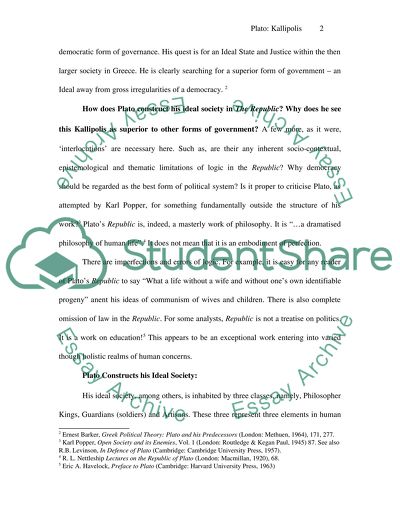Cite this document
(“Ideal society in the Republic of Plato Book Report/Review”, n.d.)
Retrieved from https://studentshare.org/philosophy/1506890-ideal-society-in-the-republic-of-plato
Retrieved from https://studentshare.org/philosophy/1506890-ideal-society-in-the-republic-of-plato
(Ideal Society in the Republic of Plato Book Report/Review)
https://studentshare.org/philosophy/1506890-ideal-society-in-the-republic-of-plato.
https://studentshare.org/philosophy/1506890-ideal-society-in-the-republic-of-plato.
“Ideal Society in the Republic of Plato Book Report/Review”, n.d. https://studentshare.org/philosophy/1506890-ideal-society-in-the-republic-of-plato.


